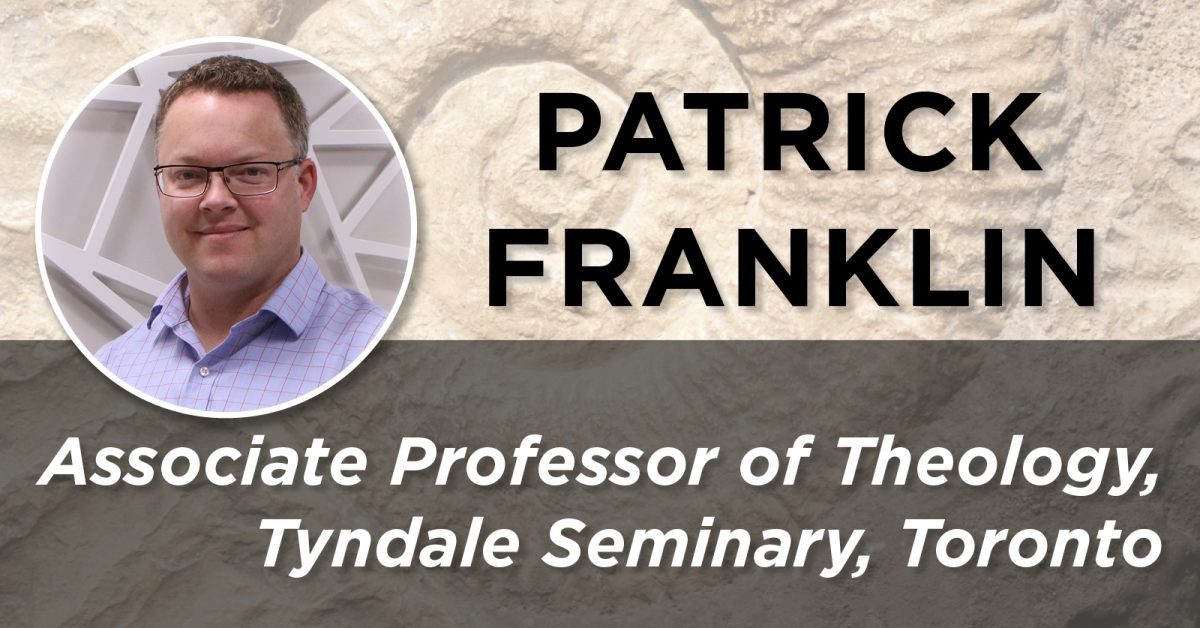FREE PUBLIC EVENT: The CSCA presents a lecture by Patrick Franklin (Associate Professor of Theology, Tyndale Seminary, Toronto).
Find more events in Montreal, QC
In the Beginning: What Genesis Says (and doesn’t say) about Human Origins
When Christians debate issues related to origins (age of the universe and earth, how creatures came to be: evolution vs. special or progressive creation, etc.), the early chapters of Genesis are usually regarded as being central and authoritative. Yet, many debates show a surprising lack of engagement with biblical and theological scholarship on Genesis. Consequently, the terms (and sometimes the results) of the debates are all too often defined in advanced, before the debates even get off the ground, according to assumptions about Genesis that go unexamined. In this lecture, we will draw on biblical and theological scholarship to consider the following questions: What does Genesis (chapter one) tell us – and NOT tell us – about human origins? What issues and questions concerning human nature and identity are central to the text itself? And, how might we identify and differentiate these central matters from those that are more peripheral, or simply not even in view for ancient readers? What clues does the text itself provide on these questions, and how does a consideration of the ancient historical context illuminate its meaning and significance for contemporary readers who are so far removed from that context?
Patrick Franklin (PhD, McMaster) is an associate professor of theology at Tyndale Seminary, Toronto. He is a leader and bridge-builder engaging the church, the academy, and the public sphere. Dr. Franklin serves as the Vice President of the Canadian Scientific and Christian Affiliation, as well as the author of Being Human, Being Church (Paternoster, 2016).
